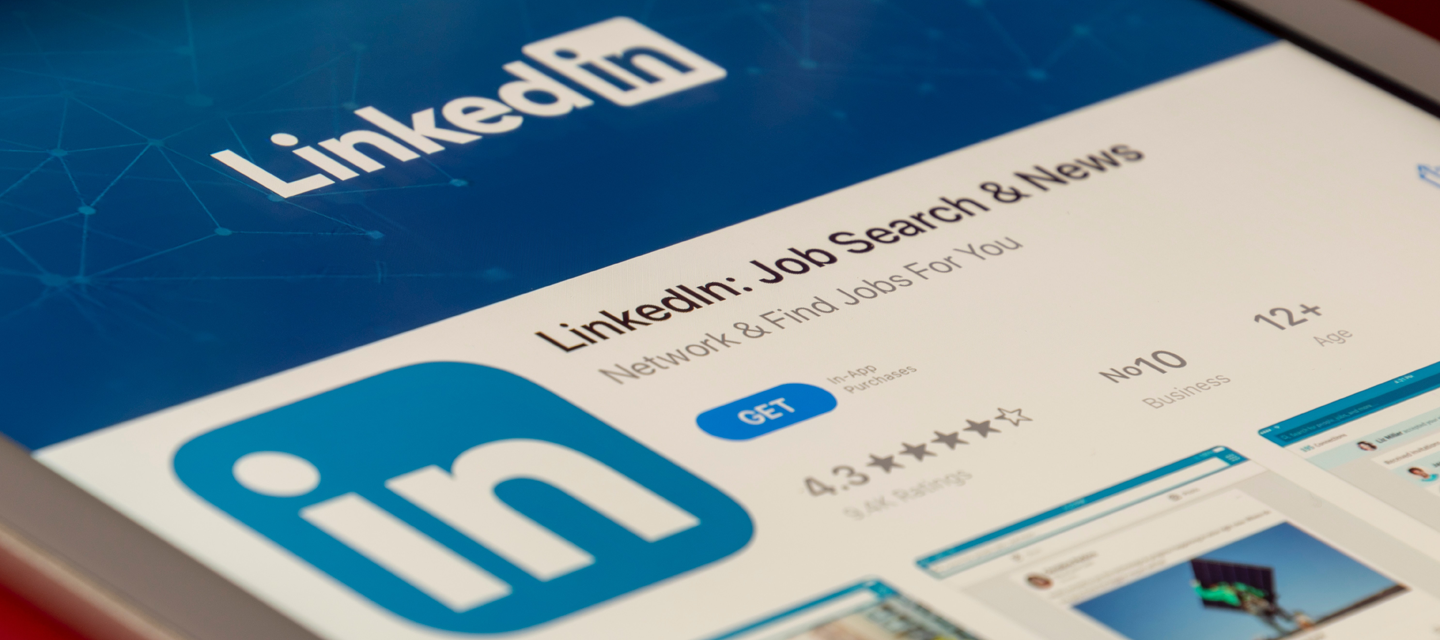Is the internet making us narrow minded?
We all use it every day, it has revolutionised our lives and we rarely, if ever, stop to think about …

We all use it every day, it has revolutionised our lives and we rarely, if ever, stop to think about exactly how this affects us. What is it, you ask? The internet.
Our use of the internet and social media could in fact be making us more narrow minded. We discuss how personalisation, “echo chambers” and social media are all constantly reinforcing our views when we are online.
The internet and narrow mindedness
The internet is a global system that consists of millions of inter-connecting networks, providing information on a local and global scale. So how do we explore this information?
It may seem obvious to state that the internet can allow us to come into contact with new information, completely beyond our norm. However, as the web becomes increasingly tailored to the individual, a lot of information we consume online is linked to our current interests and browsing habits.
The move towards internet personalisation could seem beneficial for both consumers and advertisers:
- Netflix creates and pushes films and shows based on our viewing habits.
- Facebook tailors our newsfeeds to those who we routinely interact with.
- Twitter suggests people we may want to follow based on who our peers are.
But, is this restricting us unnecessarily? This personalisation means the information we are presented with is becoming more and more limited.
“Echo Chambers” and narrow mindedness
Why could this be a bad thing? We, as humans, already gravitate towards others that share our views and perspective. Researchers have dubbed this sentiment, “echo chambers” or “echo rooms.”
This terminology comes from the theory that if we surround ourselves with voices that “echo” our own, our opinions are reinforced. Following from this, our perception can become distorted as to what is the status quo versus fringe opinion.
Echo chambers are not just an offline phenomenon, but also can be nurtured by social media sites such as Facebook.
Facebook and social media narrow mindedness
Rather than becoming worldlier, social media allows people to actively choose to congregate in opinion-affirming groups. The danger of this is that any bias or misinformation we hold can be amplified when we interact in our restricted echo rooms.
Research published in the Proceedings of the National Academy of Sciences has traced both the rumour that global warming doesn’t exist and the belief that vaccines cause autism back to Facebook. This shows that “the way in which common ideas are shared and reinforced”, in this case via social media, plays a part in explaining how certain beliefs enter mainstream thought.
On top of this, the increasing personalisation of our online environments arguably means our opinions are being reinforced even more regularly when we are using the internet than when we are offline.
Can we combat online echo rooms?
Although from a humanistic approach, we hopefully always want to learn and discover, the personalisation of the internet is making it harder for us. There is no need for us to willingly expose ourselves to anything that wildly differs from our own views or causes internal or external confrontation.
So what can we do? We have to be proactive. To be able to combat the effects of our online echo rooms, we should actively open ourselves up to different, varying and opposing sources of information, opinions and perspectives.
Contact Us
What are your thoughts on the effects of personalisation and social media on narrow mindedness? We’d love to hear your thoughts, so visit our twitter@minttwist or say hello@minttwist.com.
More insights from the team


